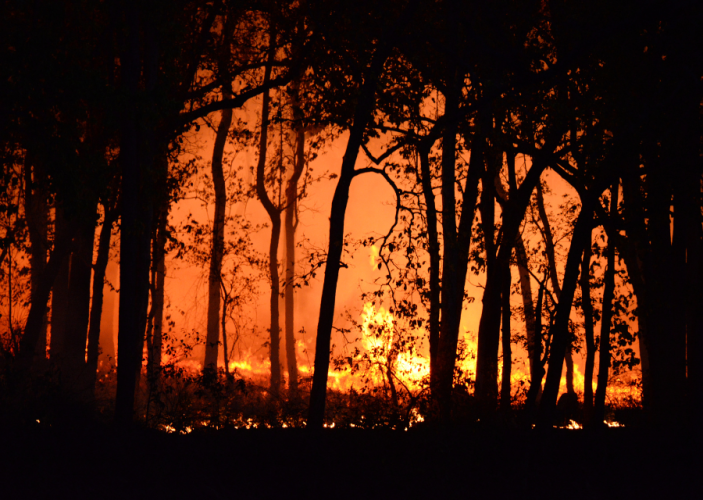AMA calls for greater role for doctors in disaster planning and management
The AMA has released an updated position statement on the role of doctors in disasters.

In its most comprehensive position statement on disaster ethics to date, the AMA has called for both expert and front-line doctors to be included in planning for disasters, as well as having a seat at the table with emergency managers during disasters.
The position statement comes after the experience of doctors in the recent bushfire and flood catastrophes and the continuing COVID pandemic.
AMA President Dr Omar Khorshid said doctors with expertise or coal-face experience are not given a sufficient role in current disaster planning arrangements and when disasters hit, there is a great deal of policy on the run as doctors struggle to maintain services to their local community.
Dr Khorshid said the statement considers the ethical conflict doctors face in allocating limited medical resources in a disaster zone, and the dilemma doctors who are government medical advisers may be confronted with.
“These doctors may experience dilemmas when the government’s political view and the broader public health perspective on a particular aspect of disaster response are not aligned.”
Dr Khorshid said a particularly confronting challenge in a disaster was the allocation of life-sustaining resources which “may involve decisions not to actively treat gravely-injured individuals who cannot be saved in the specific circumstances of time and place in order to treat others who can be saved”.
“During a disaster when resources are overwhelmed, doctors will be faced with ethical challenges that do not generally occur during ordinary clinical encounters. These include rationing of scarce resources, prioritising care to make best use of limited resources and providing limited care rather than comprehensive treatment.
“This position statement serves to identify a range of those ethical challenges and highlight the major medical professional values and ethical principles that should guide doctors in their disaster response,” he said.
Dr Khorshid said protocols or ethical frameworks should be developed in consultation with and supported by the medical profession and the wider community.
“This kind of consultation facilitates greater professional and community understanding, and acceptance of why certain decisions are made, including those where particular individuals are offered specific treatment or resources before others,” he said.
Dr Khorshid said it was “critical” to include local doctors during a disaster response and said the medical and healthcare workforce should be consulted in the development and review of disaster plans at a governmental level as well as at health facilities.
“Doctors will have particular insight into issues of operational efficiency such as addressing surge capacity and use of emergency provider numbers.
“In addition to disaster medicine experts, consultation should include general practitioners and other medical specialists in primary and acute care settings in both the private and public health sectors as well as those from rural and remote areas including Indigenous communities.”



